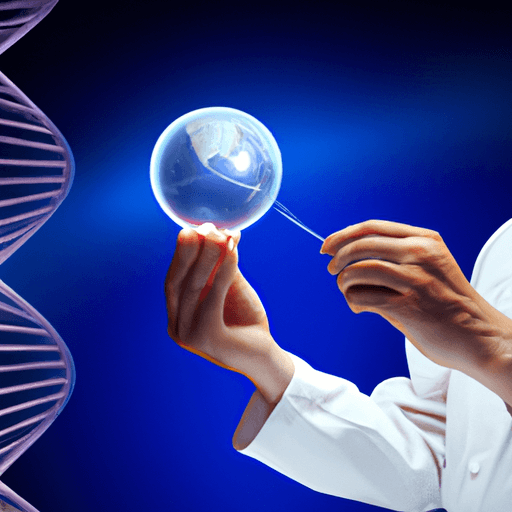Genetic Engineering: Playing God or Crucial for Human Advancement?
With advancements in biotechnology, genetic engineering – the direct manipulation of an organism’s genes – is a topic that ignites debate across various sections of society. Is it an act of 'playing God,' or a necessary breakthrough for human progression? This article, backed by credible research and expert opinions, provides a comprehensive, detailed, and balanced view of genetic engineering.
Potential Benefits of Genetic Engineering
Genetic engineering promises various potential benefits. Perhaps the most significant is its promise for disease prevention. With genetic engineering, we may be able to identify and rectify genetic disorders, effectively eradicating them. Genetic engineering is expected to make advancements in human abilities, potentially leading to better physical and mental performances – a concept called 'designer babies.' Furthermore, it can provide possibilities in agriculture, such as producing pest, disease, or weather-resistant crops.
Ethical, Moral, and Harmful Repercussions
Despite the potential benefits, gene-editing technologies also pose a range of ethical, moral, and possibly disastrous consequences. There is an argument that inserting, deleting or modifying genes is, in essence, 'playing God.' It raises questions about the sanctity of life and natural selection. It also highlights issues about inequality and access, as genetic enhancement could become a luxury only the rich could afford. There's also a risk of unanticipated side effects or genetic damage, which could create new diseases or unknown consequences for humanity and the environment.
Scientific Perspective
From a scientific viewpoint, genetic engineering is an exciting field with massive potential. Gerard Magill, Ph.D., a Professor at the Center for Healthcare Ethics, emphasizes that the focus should be on understanding the connection between gene functions to predict and deal with potential diseases effectively. However, there’s conscientious acknowledgment of the potential risks, and the scientific community stresses ethical considerations and regulations in this field.
Ethical and Philosophical Perspective
From an ethical and philosophical perspective, genetic engineering introduces complex questions. While benefiting humanity and improving quality of life is a common goal, the potential for genetic favoritism, social discrimination and altering human nature creates moral dilemmas. Bioethicist Ronald Green voices concern on the uncontrolled spread of gene-editing technologies, leading to unforeseen genetic alterations.
Religious Perspective
From a religious viewpoint, issues of 'playing God' dominate. Most religious communities emphasize the sanctity of life, and genetic manipulation can be seen as crossing that line. However, others argue that if these technologies can alleviate suffering or cure diseases, they should be embraced as tools given by God for our use.
Conclusion
In conclusion, the field of genetic engineering is fraught with both potential and unrest. Undeniably, it opens avenues for major advancements and improvements in human life. Yet, it’s a double-edged sword that also presents ethical, moral, and potentially harmful risks. Thus, a cautious and regulatory approach is required that can yield its benefits and mitigate its risks.


















Comments
Leave a Comment